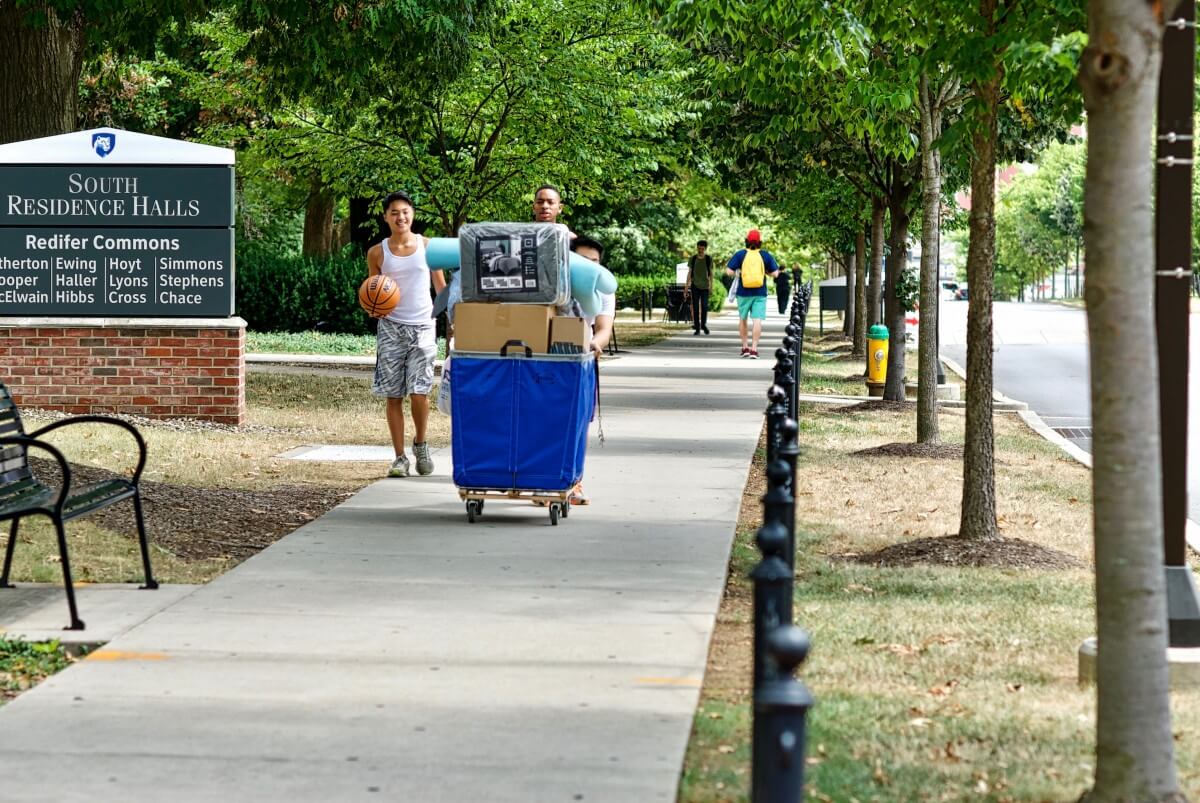
International students who plan on staying in a private property in the US will likely be aware that they need a guarantor for renting.
But what is a guarantor and why do students need one? In the simplest sense, a guarantor is a person who agrees to be responsible for the room or the property that you plan to rent – a co-signer, if you like.
Usually, the guarantor is a credit-worthy third party like a parent or trusted friend that can vouch for your good rental profile (e.g. being a good tenant, paying rent on time, following the tenancy agreement, and so on). There are also companies or organisations that can act as guarantors.
If you are an international student, have a low credit score and limited funds, or cannot meet the qualification requirements (QRs), and still want to rent a property, there is a high possibility you are required to get a guarantor for renting.
QRs can vary widely between cities, landlords and property managers. To be approved for certain buildings, you have to satisfy these QRs which range from income level to sustain the rent (known as the 40 rule – 40 times the rent amount) to job stability/work history.

International students who plan on staying in a private property in the US will likely be aware that they need a guarantor for renting. Source: Shutterstock
In New York City, for example, guarantors – who should be staying in the city or Tri-State according to law – should show proof of their liquidity (80 times the rent); should you default on the rent, they can step in for you. Initially a British concept, and later a NYC trend, the idea of having a guarantor for renting is now becoming more popular in other major US cities.
But what happens if your parent is not a US citizen, or you may not be able to fulfil these QRs? Enter the professional guarantor company service.
Guarantor for renting: What are your options?
You can approach third party companies to act as your guarantor for renting. Guarantor insurance, for example, is a third party company that will be responsible for your rent in the event you are unable to pay. Some renowned companies include Insurent, TheGuarantors and Leapeasy. A word of caution: do check their criteria and fee structure. They usually require a month’s rent or 5-10% of the annual rent beforehand.
Once you have identified a guarantor company, what comes next? Below is a guide of what you’ll need to do if you want to engage with TheGuarantors as your guarantor insurance:
- Proof of income – it should be at least 27 times the rental amount, backed up through payslips or tax documentation
- FICO score – the basic score should hit 630 and above
- Cash assets – the total value can be 50 times whatever you pay in rent
- Having a family member that earns around 45 times the rent or 75 times in liquid assets (the relative need not be a US citizen or live in the US)
Proof of income may prove to be a barrier for international students. However, TheGuarantors is an example of an institutional guarantor that can take on the financial liability for a certain fee (as mentioned above – a percentage of either the monthly or annual rent).
If you plan on studying in New York City and need to rent a particular property, you can check this comparison chart of guarantors before making your final decision. Do note that renters in NYC only need to pay one month’s rent as a security deposit.










